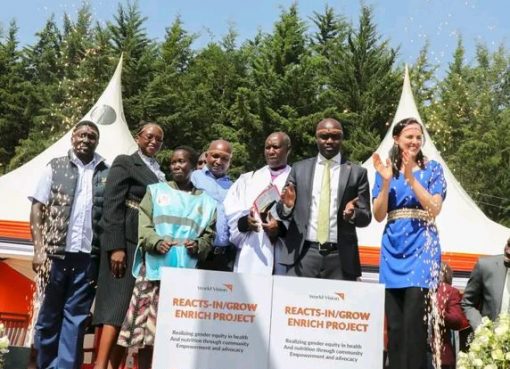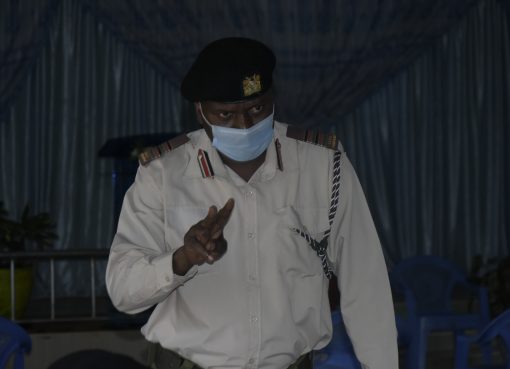The Livestock Principal Secretary Mr. Harry Kimutai has said the government will set up an artificial insemination (AI) production centre for the preservation of frozen semen at Voi in Taita-Taveta County to serve the entire coastal region counties.
Mr. Kimutai said three liquid nitrogen plants to stock semen have so far been installed in the country to provide quality AI services to the farming communities.
According to the PS, the Kenya Animal Genetic Resources Centre (KAGRC) is producing sufficient and high quality quantities of semen to serve the entire country.
In addition, 27 counties have signed memorandum of understanding (MoUs) with KAGRC for revitalization of AI services to benefit from superior animal genetics.
The move, he noted, will result in increased milk and meat production, increased incomes and improved livelihoods.
“This will be in line with the Big Four Agenda on 100 percent food and nutrition security,” Mr. Kimutai said when officiating a farmers’ field day at Matuga, in Kwale County, over the weekend.
He urged the county and KAGRC to expedite the signing of the AI MoU for local farmers to reap the benefits of improved livestock breeds.
He added that the establishment of Kenya’s first dairy goat AI centre last year was aimed at increasing productivity of the dairy goat population from an average of one litre to five litres per day.
“Many farmers stand to benefit from the project since goats are ideal entry points and potential tools for poverty reduction, improvement of family food and nutritional security as well as livelihoods,” he said.
He disclosed that under the dairy goat project, the government will issue an additional 1,000 AI kits to youth on top of 1,361 kits issued earlier all costing over Sh132million to help boost economic empowerment through creation of small enterprises.
The PS said the national government was keen on strengthening collaboration with Kwale in terms of capacity building in both plant and animal genetic resources through exchange of innovations, information, knowledge and technology to enable it realize its full agricultural potential.
“Kwale County has the potential to feed itself and export surplus to the neighbouring counties,” he said though the county still remains a net importer of food as the potential is largely untapped.
He however appreciated efforts being made by the county government to address agriculture and livestock issues as a priority sector since it is the key to harnessing the potential and create employment besides improving incomes for the rural population.
He said the county should strive to attain adequate food production for both subsistence and commercial purposes through promotion of agriculture, livestock and fisheries initiatives in collaboration with other stakeholders including research institutions.
Mr. Kimutai urged KALRO to assist the county to control the spread of African trypanosomiasis disease which is caused by tse-tse flies by up scaling its efforts in having crosses between exotic and indigenous breeds that would be resistant to the disease.
The county hosts three research centres under the Kenya Agricultural and Livestock Research Organization (KALRO) focusing on beef research, sheep and goat and horticulture.
Kwale Governor Mr. Salim Mvurya said his government was committed to expanding food and agricultural production through introduction of modern farming techniques like mechanization and irrigation.
Mr. Mvurya said distribution of 68,000 free seed varieties had resumed following the onset of the long rains as part of efforts to enable the region to be food secure and improve livelihoods.
He also said AI services will be offered free of charge and that distribution of beef cattle to selected farmers was also underway.
By James Muchai




